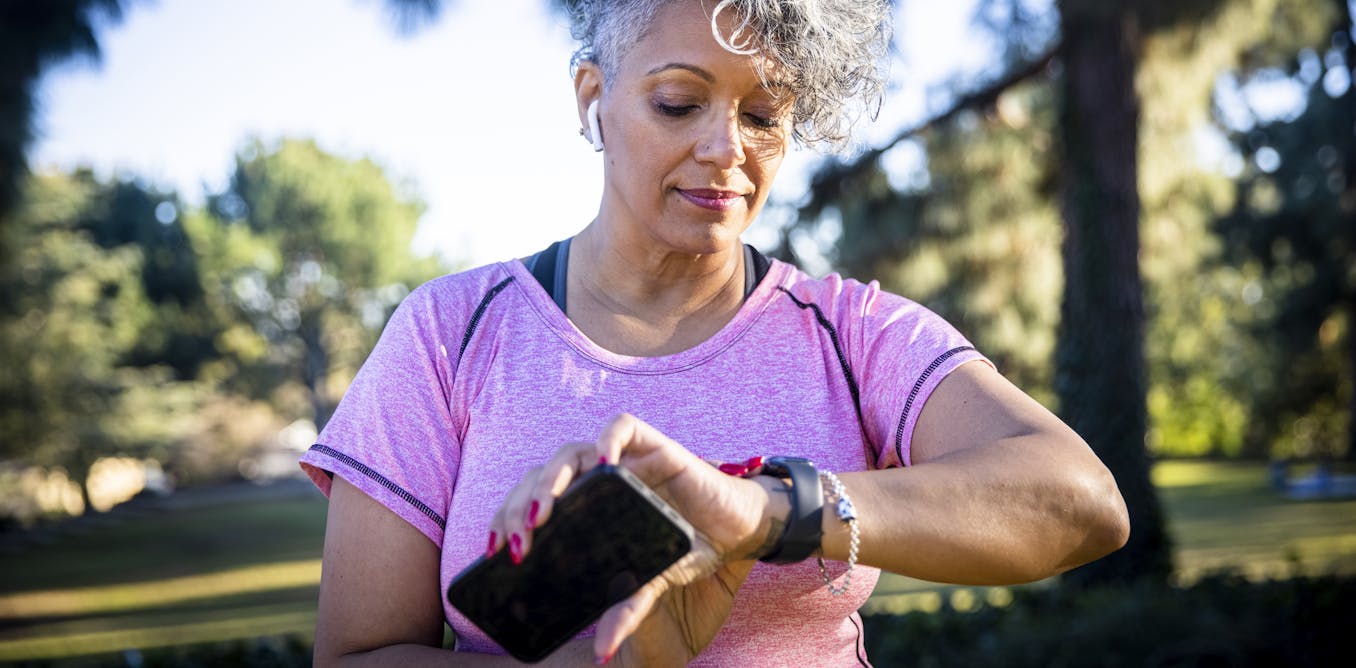WHEN Tilly Buckton went to a music festival on the beach, she never imagined she would end up fighting for her life.
While she was sunbathing at the beach, the 20-year-old developed a painful headache and started to sweat and shiver uncontrollably.
8

8
She was told by paramedics at the festival that she was suffering from heatstroke and that she would be fine.
But hours later when she went to hospital she discovered she was battling the life-threatening condition meningitis.
Tilly, from Brighton, East Sussex, said: “When I arrived at the beach for the festival, I thought I’d be having the time of my life.
“It turned out to be the scariest week of my life.
“I never imagined that I would go to the beach and come down with meningitis.
“I never thought anything like that would happen to me.”
Tilly, 21, arrived at the Boardmasters festival in Newquay in August 2022 with a group of friends but had been feeling slightly off-colour the day before.
She said: “I woke up that morning with a headache, but went to the beach with my friends anyway.
“I felt so hot, that I couldn’t wait to get into the sea and cool off.
“And I thought it may help my headache.
“I did feel better once I was in water, but as soon as I came out again and lay on the sand, I started to feel ill again.
“I started to sweat and shiver whilst I was sunbathing.
“And I suddenly found that I couldn’t stand the sunlight.

8

8

8
“I went into a tent on the beach, to try and get out of the sun and lay down. But I just felt dreadful.”
Tilly’s friends called NHS 111 and they were told an ambulance would come out to see her. But hours passed, and it didn’t arrive.
She said: “We went to wait in a cafe where I laid down on a bench to wait for the ambulance to come.
“My whole body was shaking and burning up although I felt freezing cold.
“Paramedics from the festival came to see me and ask me if I’d taken any drugs.
I was told I would be better in a few weeks, but I was on the sofa for two months
Tilly Buckton
“I told them I hadn’t.
“And they told me that it was only heatstroke and I would start to feel better, but it felt like my whole body was shutting down.”
The ambulance was cancelled after they had waited four hours as it couldn’t get through the crowds, and instead, she got in a taxi to take her to Truro Hospital in Cornwall.
Tilly said: “I couldn’t believe it when the lifeguard told us that the ambulance wasn’t coming.
“I’d never felt so ill in my life.
“We then waited for two hours in A&E where I had to keep my sunglasses and hat on because the lights were so bright. I couldn’t stop shaking.”
When she arrived at Truro Hospital she was put straight on a drip, and her parents arrived two hours later.
After she was given a CT scan and a lumbar puncture, the doctors eventually diagnosed her with viral meningitis and had to be put on an antibiotic drip to recover.
She was in hospital for five days whilst she got better.
From personality changes to cold fingers – some of the more surprising symptoms of meningitus
MENINGITIS is the inflammation of the lining around the brain and spine and can be very serious if not treated quickly.
But people often mistake it for flu as many of the symptoms overlap.
Some of the most common signs include a fever, headache and muscle pain.
But there are also some more obscure symptoms, which include:
- Photophobia: intense sensitivity to light that causes discomfort or pain
- Personality Changes: sudden irritability, confusion, or delirium
- Cold Extremities: cold hands and feet, even when fever is present
- Opisthotonos: stiff body with an arched back in infants and young children
Source: US Centers for Disease Control and Prevention (CDC), Mayo Clinic, National Health Service (NHS)
“I was told I would be better in a few weeks, but I was on the sofa for two months with aching limbs, brain fog, sickness and chronic fatigue,” Tilly said.
“I found it difficult to socialise and go out for long periods, which meant missing out on a lots of social occasions with my family and friends.
“My parents were a great support, and helped me with everyday tasks like walking up the stairs, cooking, and going for walks to build my confidence back up.
“Eighteen months later I still struggle with fatigue and energy levels. I never imagined that the recovery from it was going to be this hard and take so long.
“And I have to be careful not to push myself too hard.
“I’ve since found out there is a vaccine that recommended for teenagers and students, although it covers only four out of the 14 strains of the disease.”
The MenACWY vaccine is typically offered in year nine or 10 to children aged 13 to 15, but anyone up to the age of 25 can still get it through their GP.
It offers protection against serious infections like bacteria meningitis and septicaemia – but it does not protect against viral meningitis.
There is no vaccine to prevent viral meningitis specifically.
However, the MMR vaccine, which is given as part of the UK routine immunisation schedule, protects against measles, mumps and rubella – viral infections known to trigger the disease.
The most common group of viruses that cause meningitis are enteroviruses.
These viruses live in the intestines and can commonly cause colds, sore throats, stomach upsets and diarrhoea.

8

8

8
Everything you need to know about meningitis

Viral meningitis, is an illness that can cause life-changing complications.
Many different viruses can cause meningitis – enteroviruses are the most common.
It can affect anyone, but is most common in babies, young children, teenagers and young adults.
It is not generally considered to be contagious.
Meningitis can attack the lining of the brain and spinal cord and, in some cases, cause a serious blood infection (sepsis).
Early symptoms of meningitis can sometimes be similar to those of the flu.
Symptoms of meningitis develop suddenly and can include:
- A high temperature (fever) over 37.5C (99.5F)
- Being sick
- A headache
- A blotchy rash that doesn’t fade when a glass is rolled over it (this won’t always develop)
- A stiff neck
- A dislike of bright lights
- Drowsiness or unresponsiveness
- Seizures (fits)
These symptoms can appear in any order and some may not appear.
Although most people will make a full recovery, the recovery process can be slow. Some can be left with life-changing after-effects, including headaches, exhaustion and memory loss.
When to get medical help
You should get medical advice as soon as possible if you’re concerned that you or your child could have meningitis.
Trust your instincts, and don’t wait until a rash develops.
Phone 999 for an ambulance or go to your nearest accident and emergency (A&E) department immediately if you think you or your child might be seriously ill.
Phone 111 or your GP practice for advice if you’re not sure if it’s anything serious or you think you may have been exposed to someone with meningitis.
How meningitis is spread
Meningitis is usually caused by a bacterial or viral infection. Bacterial meningitis is rarer but more serious than viral meningitis.
Infections that cause meningitis can be spread through:
- Sneezing
- Coughing
- Kissing
- Sharing utensils, cutlery and toothbrushes
Meningitis is usually caught from people who carry these viruses or bacteria in their nose or throat but aren’t ill themselves.
It can also be caught from someone with meningitis, but this is less common.
Vaccinations
Vaccinations offer some protection against certain causes of meningitis.
These include the:
- Meningitis B vaccine – offered to babies aged 8 weeks, followed by a second dose at 16 weeks, and a booster at 1 year
- 6-in-1 vaccine – offered to babies at 8, 12 and 16 weeks of age
- Pneumococcal vaccine – offered to babies at 12 weeks and between 12 and 13 months old
- Meningitis C vaccine – offered at 12 weeks of age, 1 year
- MMR vaccine – offered to babies at 1 year and a second dose at 3 years and 4 months
- Meningitis ACWY vaccine – offered to teenagers who are in S3 (around 14 years of age) at school. Young people who are in S4-S6 and missed the opportunity to get immunised last year, may also get the vaccine at school this year




